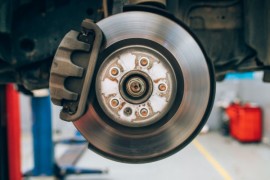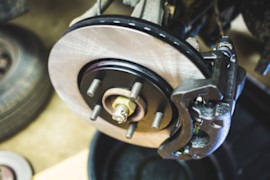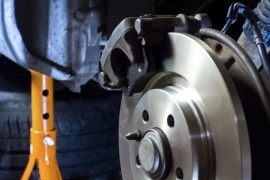{
"lazyNodes": false,
"abFitnotesFlag": false,
"abCrawlReviews": false,
"productOptionsCookie": false,
"orderDelayFlag": false,
"skipSessionCookie": false,
"covidMessage": false,
"fullTitleCookie": false,
"nrLoggerCookie": false,
"checkoutReviewCookie": false,
"productOptionSeqCookie": false,
"maintenanceFlag": false,
"bufferETACookie": false,
"multiShippingDiscountFlag": false,
"newFitmentFlag": false,
"surveyOptInFlag": false,
"crossSellFlag": false,
"skuMappingFlag": false,
"paySplitCookie": false,
"callDisableFlag": false,
"zipPaymentFlag": "u",
"hassleFreeReturn": false,
"lifetimeReplacement": false,
"cpn_off": false
}Need Help? Call Us1-866-529-0412
Select your vehicle
Chevrolet LCF 4500XD Brake Disc and Pad Kits
Refine by:
Shop Catalog
Showing 1 - 1 of 1 results
Sort by:
Part Number: P15MDK8368
Vehicle Info Required to Guarantee Fit
$360.90
Product Details
Location : FrontComponents : (2) Brake Discs and (1) Brake Pad SetDisc Design : Plain SurfaceDisc Diameter : 363 mmRecommended Use : Performance ReplacementNumberof Lugs : 12 LugsQuantity Sold : 2-Wheel SetWarranty : 3-year / 36000-mile Powerstop limited warrantyProp 65 Warning :
![]() WARNING: This product can expose you to chemical which is known to the State of California to cause cancer and birth defects or other reproductive harm. For more information go to www.P65Warnings.ca.gov.
WARNING: This product can expose you to chemical which is known to the State of California to cause cancer and birth defects or other reproductive harm. For more information go to www.P65Warnings.ca.gov.
Page 1 of 1 | Showing 1 - 1 of 1 results
Helpful Automotive Resources
How Often Do Brakes Need to Be Replaced?Pro Tips are nuggets of information direct from ASE-certified automobile technicians working with CarParts.com, which may include unique, personal insights based on their years of experience working in the automotive industry. These can help you make more informed decisions about your car.
A Short Course on BrakesWhen you step on the brake pedal, you are actually pushing against a plunger in the master cylinder, which forces hydraulic oil (brake fluid) through a series of tubes and hoses to the braking unit at each wheel. Since hydraulic fluid (or any fluid for that matter) cannot be compressed,
How Do Car Brakes Work?Stepping on the pedal activates its lever and its connected piston. Powered by your foot, the lever forces a piston inside the master cylinder. The piston then displaces brake fluid out of the cylinder and into the lines that lead to either the brake calipers (in a disc brake system)





